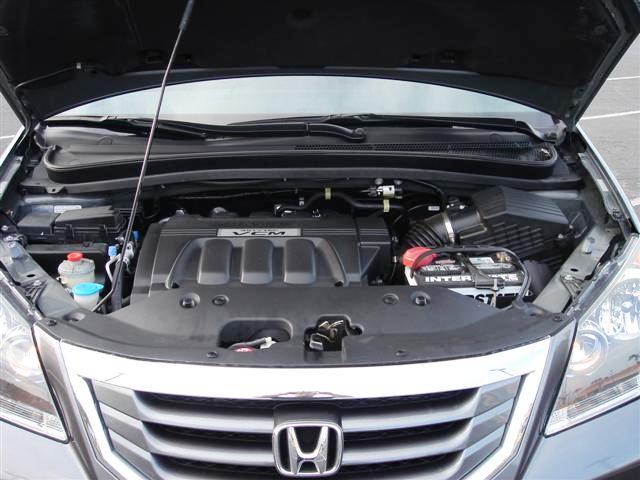Car batteries act as the heart of your vehicle, they supply the power to allow all the other systems to run. This essential car part is also quite expensive so when it dies, it can really hurt your wallet. But why do car batteries die and what steps can be taken to increase a car batteries lifespan? This guide will explain it all.
Why is My Battery Dead?
Age
The first sign of a car battery on its way out is its age. Car batteries are used to crank the car’s engine, power the fan belt, and start the alternator. A good life for a battery is about five to six years and as batteries age they begin to fail at an exponential level. Driving conditions such as frequency, temperature, and the type of car all have an affect on the longevity of the battery.
Parasitic Draw
Parasitic draw is the load placed on a battery once the car is turned off. Energy draw can occur because car systems are slow to power down, key fobs are too close, or something is not turning off that should be. Testing for draw is a long process that typically involves taking a voltmeter and testing all fuses one at a time until you find the problem.
Sulfation
The largest culprit of battery loss is sulfation; this occurs when the leads to the battery become corroded. Over time, if the battery is not consistently used, a chemical reaction occurs where sulfate crystals form and hinder the conductivity of the battery. Eventually, the mass of crystals can fall off from inside the battery and eventually cause a short circuit when reaching the base of the battery. If caught early enough, the crystals can be cleaned off and the battery will continue to work.
Water Level
Water is a key component to the conductivity of the battery. Most batteries are fully encased but have a water line indicator. If too much water escapes the battery, the cells become very acidic and cannot conduct electricity efficiently. This in turn can cause sulfation which will eventually kill the battery.
Corroded Battery Terminals
Dirty terminals occur due to electrolysis from different metals reacting on the terminals and battery cable; often because of improper housing or damage. As the terminals become corroded, buildup of lead sulfate occurs. This white, powdery substance is toxic so do not touch or inhale it. Regularly check terminals to ensure proper conductivity and safety.
Increasing Battery Longevity
One philosophy of increasing your cars battery is “use it or lose it.” Batteries will typically discharge up to 20% when they are not running due to accessories or lights left on in the car. When you don’t use your vehicle, small amounts of energy trickle out and disperse into your frame. If the car sits steady for a long time, it never has a chance to recharge itself and may not be able to start.
If leaving your car for weeks at a time, invest in a decent car charger that will keep your battery at optimal running conditions without overcharging or causing power drain.
Conduct Regular Maintenance
Consistently check to make sure terminals are not corroded. Corrosion can cause shorts and electrical sparks which can damage other car components. Make sure the battery has safe encasing which isn’t damaged or exposing metal. Make sure enclosures do not allow other materials or metals to touch the positive or negative leads.
Never Overcharge!
Overcharging not only causes water leaks, it also ruins the efficiency of your battery. When lead-acid batteries become overcharged they can create explosions due to the release of oxygen and hydrogen gases.
Check your Manual
If you plan to disconnect the battery for any period of time, always check the manual. Some cars can experience serious damage when disconnecting the positive and negative leads. BMW’s and Mercedes Benz require the negative to be taken off before the positive, however, when reconnecting, the positive must be connected first. Check your manual to determine if there are other factors that could affect your battery.
Car batteries don’t need a lot of maintenance, but learning reasons they die is often the best way to prevent damage. Batteries can die for any number of reasons including corrosion, water issues, or connection issues. By checking the battery, hundreds of dollars and hassle can be mitigated. Simply checking connections and connection quality can allow your battery to last months or even years longer.
This article was written by Josh McCarthy. Josh is currently a finance major and has a passions for football and cars. From a young age, he began working on trucks with his grandfather. Today, he still enjoys tinkering around an engine. Josh is also a professional writer for Tim’s German Auto. To learn more about Josh, visit his Google+.
